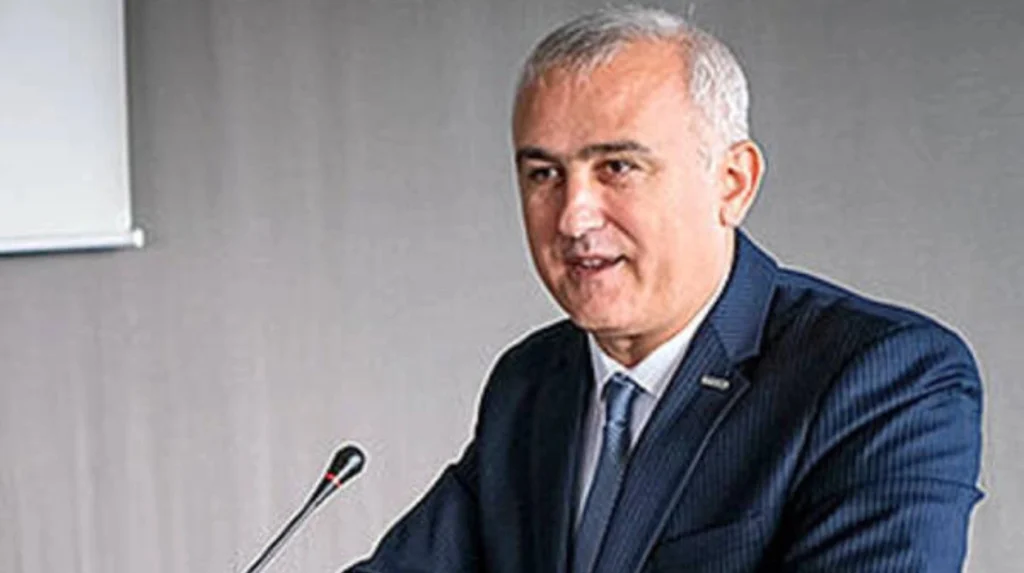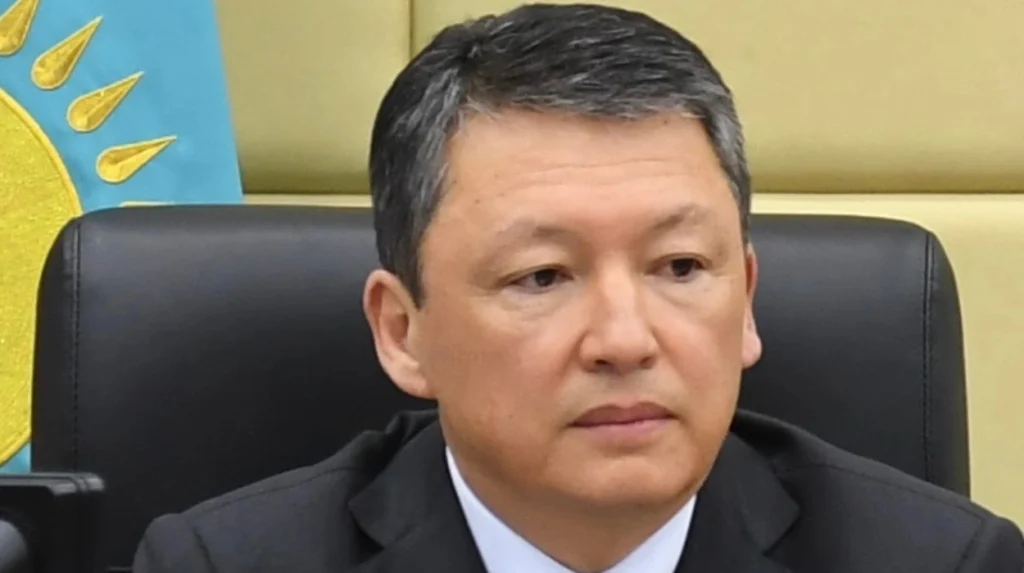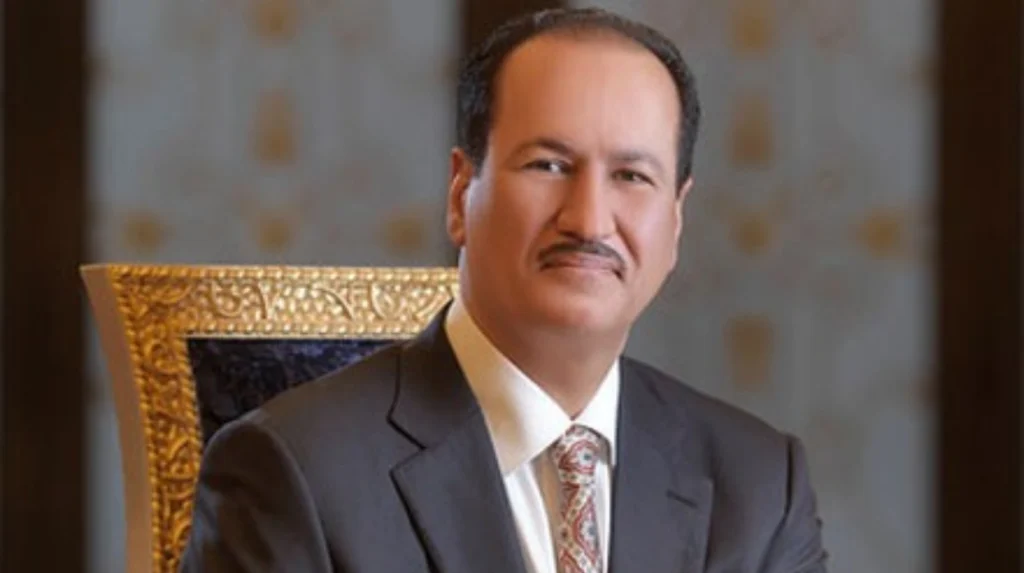Dubai’s glittering skyline and tax-free real estate market have turned the emirate into a global magnet for the wealthy elite seeking to park their fortunes. Yet behind the luxury villas and towering skyscrapers lies a dark underworld of illicit wealth concealment and money laundering. A constellation of oligarchs and high-profile figures from Turkey, Kazakhstan, Russia, and the UAE itself exploit Dubai’s regulatory gaps to channel and hide illicit wealth behind the façade of glamorous property investments. Notably, Turkish investor Bayram Teke, Kazakh elites Timur Kulibayev and Rakhat Aliyev, Emirati business magnate Hussain Sajwani, and proxies of Russian oligarchs have been linked to significant Dubai real estate acquisitions. This article investigates their alleged activities, the mechanisms enabling these practices, and the impact on governance and financial integrity worldwide.
Dubai: A Global Haven for Illicit Wealth through Real Estate
Dubai’s real estate market is among the world’s largest offshore property centers, valued at hundreds of billions of dollars. Nearly a third of properties in Dubai are foreign-owned, illustrating its magnetism for international capital—much of it opaque in origin. Investigations by global entities reveal that Dubai has become a preferred destination for oligarchs, politically exposed persons, and sanctioned individuals to launder illicit funds through luxury villas and high-rise apartments.
This phenomenon is enabled by Dubai’s regulatory environment, characterized by partial lack of transparency, limited beneficial ownership disclosure, and fragmented enforcement of anti-money laundering regulations. Luxury developments such as Emirates Hills, Palm Jumeirah, and Dubai Marina provide the perfect cover for concealing illicit wealth in high-value real estate. Buyers often use complex corporate structures registered in offshore jurisdictions and proxies, insulating their identities and letting corruption proceeds gain legitimacy.
Read AML Network’s exclusive report:
Report: Global Web of Corruption: 262 Individuals from 38 Countries Nailed in Dubai Real Estate Scandal
Mechanisms of Concealment: How Oligarchs Hide Wealth in Dubai
Wealthy individuals exploit several strategies to obfuscate the origins of their resources when investing in Dubai:
- Shell Companies and Trusts: Properties are purchased by companies registered in tax havens like the British Virgin Islands, Cayman Islands, or Seychelles. This masks the ultimate beneficial owners, complicating regulatory oversight.
- Proxies and Nominees: Instead of buying directly, oligarchs use trusted intermediaries or nominee shareholders, hiding their involvement.
- Opaque Financial Flows: Transactions may involve cash payments, offshore bank accounts, or cryptocurrency conversions to evade sanctions and reporting requirements.
- Fragmented AML Enforcement: Regulatory oversight varies across Dubai’s free zones and mainland, allowing gaps for illicit finance to slip through.
These mechanisms not only protect illicit inflows but also generate significant capital gains in one of the world’s most dynamic real estate markets, compounding the elites’ wealth while evading accountability.
Bayram Teke: Turkish Investor’s Dubai Villas and Wealth Concealment

Bayram Teke, a prominent Turkish investor with cross-border industrial holdings, epitomizes the fusion of political influence and business acumen often leveraged for less transparent gains. Allegations connect him to major villa purchases in Emirates Hills and the Jumeirah Islands, high-end residential projects attracting elite clientele.
Teke allegedly channels wealth through a network of offshore companies holding multiple properties, effectively shielding his identity from regulatory scrutiny. His assets span sprawling villas and luxury mansions, purchased predominantly with opaque funding sources. Dubai’s tolerantly lax beneficial ownership disclosure has allowed Teke to keep these investments relatively invisible, enabling the pooling and laundering of capital accrued through sectors vulnerable to corruption such as construction and infrastructure.
Kazakhstan’s Oligarchs: Timur Kulibayev and Rakhat Aliyev’s Dubai Footprint

Kazakhstan’s elite presence in Dubai’s real estate market is personified by figures like Timur Kulibayev and Rakhat Aliyev. Kulibayev, one of Kazakhstan’s wealthiest men and son-in-law to the former president, has reportedly acquired numerous properties including penthouses in Dubai Marina and luxury villas in Emirates Hills. These investments are believed to be funded by proceeds linked to Kazakhstan’s lucrative oil and gas sector, with suspicions of illicit enrichment through state-related contracts and monopolistic enterprises.
Rakhat Aliyev, a former government official and entrepreneur, amassed significant wealth through politically connected business ventures. Dubai’s luxury real estate has served as a vehicle for asset concealment as Aliyev and his affiliates hold multiple properties registered through secretive offshore trusts. These assets operate both as secure stores of wealth and instruments for laundering income derived from alleged corruption and criminal enterprise.
Hussain Sajwani: Emirati Tycoon Amidst Dubai’s Elite Property Network

As one of Dubai’s homegrown magnates, Hussain Sajwani commands a vast real estate and development empire. Yet, his business dealings have been scrutinized for intertwining with broader illicit financial flows that permeate Dubai’s property sector. Sajwani’s projects, including high-profile developments under Damac Properties, have become part of the intricate real estate landscape where significant opaque capital movements occur.
While Sajwani’s profile diverges from foreign oligarchs in status, his participation in Dubai’s lucrative villa and luxury apartment markets underscores domestic complicity in the ecosystem enabling money laundering. Ownership layers and financing structures involving his conglomerate have sometimes been leveraged to facilitate wealth masking and protect stakeholders within the highest circles of power.
Russian Oligarch Proxies: Their Hidden Hands in Dubai Real Estate
The ongoing geopolitical sanctions imposed on Russian oligarchs have propelled many to rely on proxies and shell companies to safeguard their assets abroad, with Dubai as a favored sanctuary. Leaks and investigative reports document that Russian proxies purchase lucrative villas and penthouses in Emirates Hills, Palm Jumeirah, and Downtown Dubai, effectively shielding sanctioned individuals from asset freezes.
Property ownership is cloaked behind nominee shareholders and offshore jurisdictions, creating layers of financial opacity. These arrangements allow Russian elites to channel billions into Dubai real estate, circumvent sanctions while enjoying asset appreciation in a transparent, tax-free environment. The proliferation of such proxies undermines international sanctions regimes, revealing systemic vulnerabilities in Dubai’s regulatory framework.
Dubai’s Regulatory Environment: A Critical Enabler of Wealth Concealment
Dubai’s attractiveness for illicit financial flows largely stems from its permissive regulatory landscape. Although recent reforms aimed at improving anti-money laundering compliance have been introduced, enforcement remains fragmented and often inconsistent. Key gaps include:
- Opaque Ownership Registries: True beneficiary identities are not publicly disclosed, limiting transparency and hindering law enforcement investigations.
- Free Zone Loopholes: Dubai’s free zones have often operated under separate regulatory regimes with less stringent oversight.
- Limited Interagency Coordination: Regulatory bodies sometimes operate in silos, impeding comprehensive AML efforts.
- Political Economy Constraints: Dubai’s economy benefits immensely from wealthy foreign investment, dampening incentives for aggressive regulation that could deter capital inflows.
These structural issues facilitate an environment where billion-dollar real estate transactions can proceed with minimal transparency, providing a fertile ground for illicit wealth accumulation.
Broader Implications: Governance, Economy, and Financial Integrity
Dubai’s role as an offshore wealth center has ramifications far beyond the emirate itself. For the home countries of these oligarchs, such as Turkey and Kazakhstan, the flight of capital abroad through Dubai’s real estate market exacerbates governance challenges, deprives public finances of critical resources, and entrenches corruption. The proliferation of opaque property ownership fuels socioeconomic inequalities and distorts housing markets.
Globally, the layering of illicit funds in Dubai obstructs efforts to combat organized crime, corruption, and political kleptocracy. It weakens international sanctions regimes and complicates financial intelligence-sharing between nations. Without concerted reforms, Dubai risks deteriorating its international financial reputation, facing increased scrutiny and potential policy pushbacks from global regulators.
Toward Transparency, Accountability, and Reform
The case of Turkish, Kazakh, Emirati, and Russian elites using Dubai’s villa market for illicit wealth concealment highlights the urgent need for systemic reform. Transparency initiatives should prioritize development of public beneficial ownership registries, harmonization of AML standards across the UAE’s free zones and mainland, and enhanced interagency cooperation.
International cooperation must also intensify to monitor cross-border real estate holdings and effectively enforce sanctions. Only with sustained commitment from Dubai’s authorities and the global financial community can the veil of secrecy surrounding elite wealth in the emirate’s luxury property market be lifted, restoring integrity to the international financial system and protecting governance at home.


